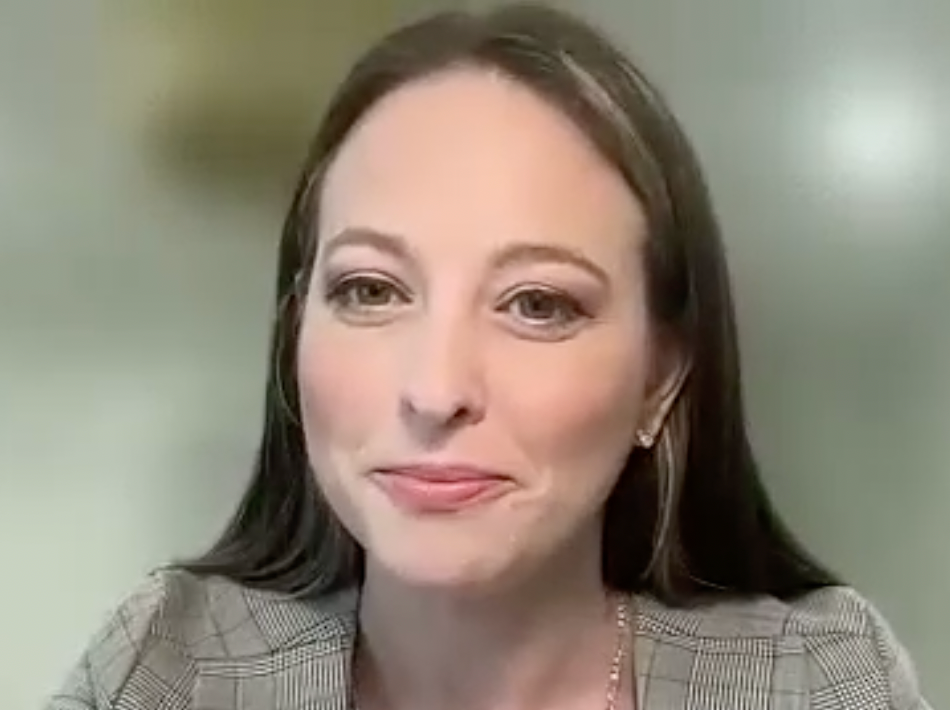Using AI to help clinicians understand their patients | Data Book podcast
Christine Swisher of Project Ronin talks about the work to give doctors more data and insights to improve cancer care.
Christine Swisher says she relishes the chance to be a part of the transformation of healthcare.
Christine Swisher, chief scientific officer of Project Ronin

“Right now is a very exciting time and a very important time to be a part of healthcare AI,” Swisher says.
Swisher is the chief scientific officer at Project Ronin, which offers a clinical intelligence platform to help clinicians make the best decisions about that patient. She joined us on the latest episode of the Data Book podcast.
In a wide-ranging discussion, she talks about improving cancer care, the need for more data and insights, and artificial intelligence in healthcare.
She also talked about the potential of AI to change the treatment of cancer care.
“I think clinical wellbeing and clinical efficiency will be highly impacted,” Swisher says. ”Patient experience is one that we shouldn't forget, because it's so important, as well.”
Swisher also discussed the importance of developing robust standards for artificial use in healthcare.
“If we don't think about having the systems and we don't have the standards and best practices … concrete steps, then things like bias can become automated and invisible,” she says.
Still, Swisher possesses undeniable optimism for AI’s potential to lead to better care. And she says she keeps patients at the forefront of her mind.
“I always think that the patients are waiting. There's patients that are suffering right now. And we have technology that could really help them. And we have a healthcare system that stands so much to gain, so I'm enthusiastic about it,” Swisher says.